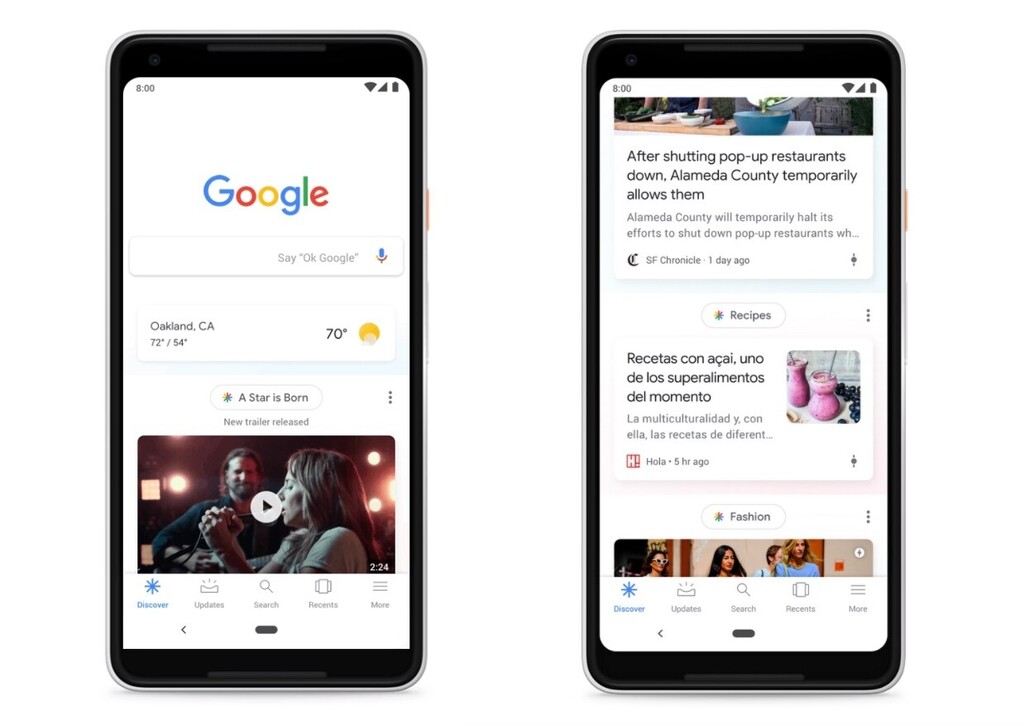Google and Facebook threatened to leave if someone force them to pay for the news in their platform. “This is going to happen all over the world. Are they going to withdraw from all markets?” Senator Rex Patrick wondered, in the face of Google’s threat to leave the Australian market if the new law by which companies such as Google and Facebook would have to pay the media to use their news.
The case of Australia has generated an important stir, not because of the importance of its market, but because of the precedent.
Google and Facebook Paying News Authors: When, How Much and How

Various parliamentarians work for European legislation of the digital world (DSA and DMA) include references on the use of news, incorporating some of the aspects also proposed by the Australian reform. This includes obliging license agreements for copyright and require companies such as Google and Facebook to report on how they order news on their sites and how the algorithm about its visibility works. That is, explain what criteria are followed to give visibility to news and not others. From Europe you can see the position of the technological as dominant in some sectors and believe that the right thing is that these companies return an amount. This way of thinking is not unique, because in fact Google itself has already reached agreements with some newspapers to remunerate them for the use of your news. This is the French case, where the first large European agreement has been made. In it, Google has reached an agreement with the APIG group, which represents about 300 media. However, at the moment it is a timely agreement and not a general solution, which is the one who are trying to find the different governments.
The threat of leaving the country is not something new. And it has been fulfilled in the past. An equivalent debate ended with the closure of Google News in Spain. It has been more than seven years since that, but the problem is still on top of the table, because there is a conflict of interest on copyright. In November of last year, the Cedar organization would bear the matter in Spain with a demand on the use of news. This time at Discover. No additional movement has occurred since then, but demand is part of this debate that is taking place in Europe.
While in Australia, the support has been majority when it comes to reforming the law, in Europe at the moment there is no consensus. The debate is not easy, since it is difficult to establish what means should be subsidized, what news used are likely to be rewarded and how this amount should be calculated. In practice, what we have is a conflict that is solving based on patches.
In response to Technoeager, from Google they explain that “publishers receive a valuable traffic on their websites of 24,000 million visits per month.” One by which they are willing to pay to “continue supporting journalism”. For this reason, from Google, the News Showcase initiative, with 450 registered publications and allows free access to the news under payment walls. An initiative that taking advantage of the controversy with Australia, has also landed there.
Regarding the proposal that comes from Europe, Google expresses that “the EU’s copyright Directive, which is in the process of transposition to national legislation, aims to achieve the right balance between news publishers, large and small, and platforms” At the moment this proposal has not been officially recorded and from the company they remember that figures such as Tim Berners Lee have criticized the Australian Law because it can damage the fundamental principle of linking freely on the Internet. In the case of Facebook, they have decided not to respond with any comments when asked.